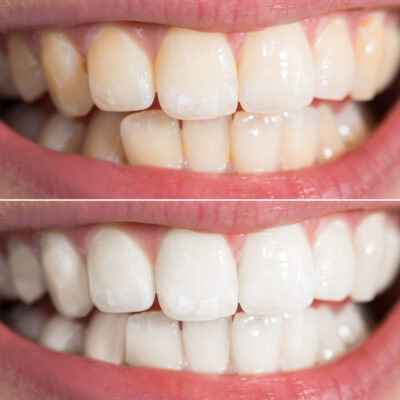
Triggers and Prevention for Heartburn
GERD or gastroesophageal reflux disease refers to a condition where the stomach contents keep moving back into the food pipe or esophagus. This regurgitation is long-term and may cause discomfort, which is commonly called heartburn. You are likely to experience pain in your upper belly region and a burning sensation in the chest, and the severity of the condition depends largely on your diet and lifestyle.
If you avoid foods that are not good for heartburn and follow some dietary guidelines, it is possible to alleviate the symptoms. However, the same foods might not trigger the symptoms in everyone, so it is necessary to identify the trigger foods for heartburn and avoid them. Here are some common food triggers for heartburn:
1. High-fat foods
Oily and high-fat food will cause the stomach muscles to relax, causing reflux. Fatty foods also tend to sit around the stomach for a longer time, forcing the stomach to release more acids and irritating your digestive system. For example, you need to avoid high-fat cookies, regular corn, chocolates, brownies, doughnuts, fried foods, creamy salad dressings, and such.
2. Calcium-rich foods
Foods like milk or cheese are excellent sources of saturated fats and may cause acid reflux. Studies have shown a possible connection between GERD in kids and the consumption of cow’s milk.
3. Cholesterol-rich foods
The Alimentary Pharmacology And Therapeutics journal came up with a study that showed a relationship between GERD and cholesterol. According to this study, people eating food rich in saturated fats and cholesterol were more likely to experience heartburn.
4. Smoking
Apart from these well-known triggers, smoking has a large role to play in triggering heartburn. Also, carbonated drinks should be avoided as they pressurize your stomach, forcing the acid back into the food pipe. However, food triggers vary from one person to another.
When you experience heartburn, you can follow an elimination diet for every food type to check whether the symptoms are alleviated, and you can include them in your diet again if there is no change.
5. To prevent heartburn
One of the most effective tips for controlling heartburn is watching what you drink and eat, for instance:
- High-fat meals or large meal portions must be avoided. These meals remain in your gut much longer before they go to the intestine, which makes the esophagus and LES exposed to stomach acids for a prolonged period.
- Maintaining a food journal can help you identify the triggers, and you can know what foods are not good for you and trigger the condition.
- When eating out, you should choose low-fat options as fatty foods are a prime trigger for heartburn. You must also avoid huge portions in restaurants as it causes overeating and puts more pressure on your stomach. If the portion is too large to handle, you can always pack it for home.


